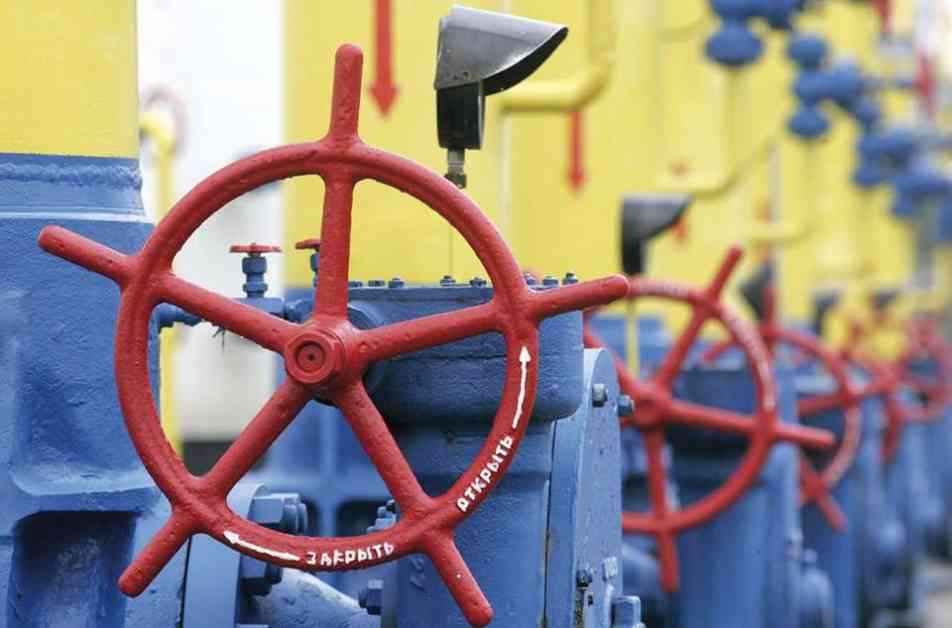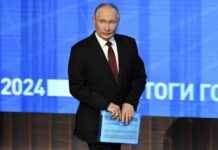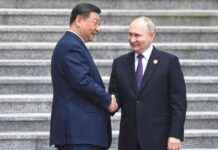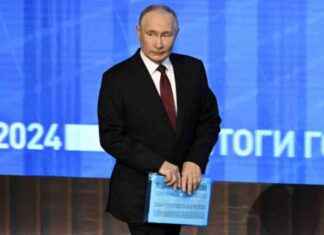Zelenskyy’s Bold Move: Azeri Gas Offered to EU Amid Orbán’s Ukraine Blackmail
Ukraine’s President Volodymyr Zelenskyy has made a daring proposal to the European Union, suggesting the use of Azerbaijani gas as an alternative to Russian energy. In a recent press conference in Kyiv, alongside Moldovan President Maia Sandu, Zelenskyy disclosed his discussions with Azerbaijan’s President Ilham Aliyev regarding this groundbreaking idea.
“Azerbaijan boasts a significant export capacity of 25 billion cubic meters,” Zelenskyy emphasized. “We are prepared to leverage our infrastructure to facilitate the transit of Azerbaijani gas to European nations in need, excluding Russian gas from the equation.”
This strategic move follows the recent cessation of Russian gas flows through Ukraine, triggered by the expiration of a crucial transit agreement at the close of 2024. The disruption has left countries like Slovakia and Hungary, which heavily relied on the pipeline, grappling with the sudden loss. Hungarian Prime Minister Viktor Orbán has even gone as far as to threaten to veto EU sanctions on Russia unless the pipeline is reopened.
Zelenskyy, however, remains resolute in his stance against enabling Russian profits through the pipeline’s revival. “We will not allow the Russians to benefit from this situation,” he affirmed. “But we are more than willing to assist the Azerbaijanis and support our Slovak allies.”
Despite the ambitious nature of Zelenskyy’s proposal, energy analysts express skepticism regarding Azerbaijan’s current production capacity to meet the substantial gas demand in Europe. Aura Sabadus, a gas markets analyst at ICIS, underscored this concern, highlighting Azerbaijan’s limitations in significantly ramping up production at this juncture.
Moreover, Ukrainian energy expert Mykhailo Gonchar cautioned against a potential scenario where Russian gas could be disguised as Azerbaijani. Describing it as “Putin’s scheme under Aliyev’s flag,” Gonchar warned of the possibility of an Azerbaijani company contracting with European nations but resorting to purchasing additional gas from Russia to fulfill demand.
Amidst these reservations and uncertainties surrounding Azerbaijan’s production capabilities and the specter of Russian involvement, the viability of Zelenskyy’s offer remains shrouded in doubt. As geopolitical tensions continue to simmer and energy security concerns loom large, the intricate dance between Eastern European nations and major energy players unfolds with high stakes and complex dynamics.
In a landscape marked by shifting allegiances and strategic maneuvers, Zelenskyy’s bold move to pivot towards Azerbaijan in the face of Orbán’s Ukraine blackmail underscores the intricate web of interests at play. As the energy chessboard takes shape, the implications of this proposal reverberate across the region, setting the stage for a high-stakes showdown in the realm of energy diplomacy.

















